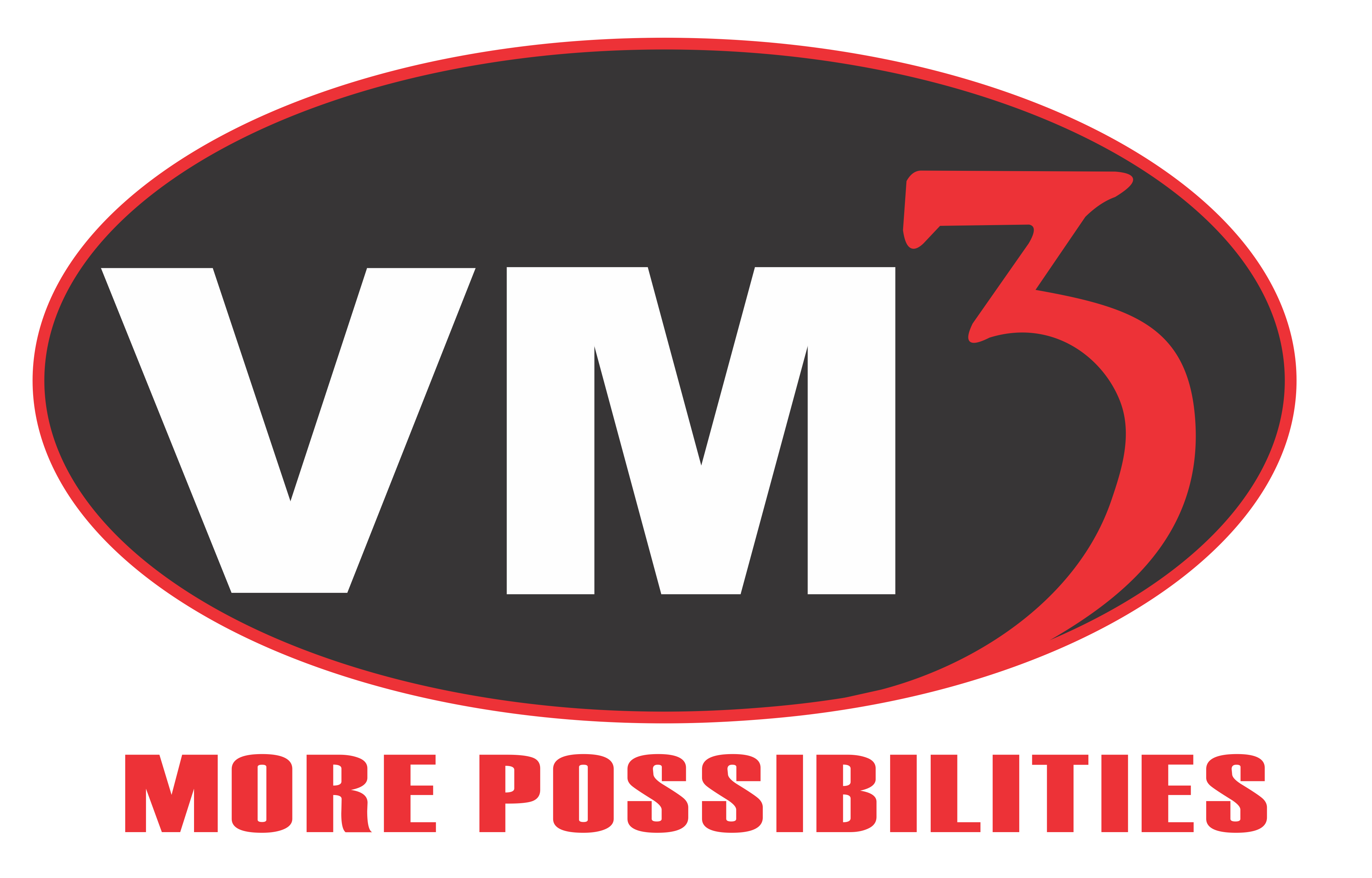The Importance of Customer Relationship Management (CRM) in Modern Business Strategy
Customer Relationship Management (CRM) is a crucial component of modern business strategy. It encompasses the practices, strategies, and technologies that companies use to manage and analyze customer interactions and data throughout the customer lifecycle. The goal of CRM is to improve customer service relationships, retain customers, and drive sales growth. Here's a comprehensive look at CRM and its importance in today's business landscape.
Understanding Customer Relationship Management CRM is more than just a system or software; it's a comprehensive approach that helps businesses:
- Identify and Understand Customers: By gathering detailed information about customers, including their preferences, purchase history, and feedback, businesses can create more personalized and effective marketing strategies.
- Enhance Customer Service: CRM systems allow companies to track customer interactions and resolve issues more efficiently, leading to higher customer satisfaction.
- Improve Sales and Marketing: CRM tools provide valuable insights that help businesses target their marketing efforts more precisely and streamline the sales process.
- Build Long-Term Relationships: By consistently engaging with customers and meeting their needs, companies can foster loyalty and encourage repeat business.
Key Components of CRM
- Operational CRM: This focuses on automating and streamlining business processes related to customer relationships.
It includes sales force automation, marketing automation, and service automation.
- Analytical CRM: This involves analyzing customer data to gain insights into customer behavior and preferences.
It helps in making informed business decisions and improving customer satisfaction.
- Collaborative CRM: This enables different departments within a company to share customer information and work together to provide a seamless customer experience.
Benefits of CRM
Implementing a CRM system offers numerous benefits:
- Enhanced Customer Experience: By having a comprehensive view of the customer, businesses can provide personalized and timely service.
- Increased Efficiency: Automation of routine tasks frees up employees to focus on more strategic activities.
- Better Data Management: CRM systems centralize customer data, making it easier to access and manage.
- Improved Sales Performance: CRM tools help sales teams manage leads, track opportunities, and close deals more effectively.
- Informed Decision-Making: Detailed analytics and reporting provide insights that help businesses make data-driven decisions.
Choosing the Right CRM System
When selecting a CRM system, it's essential to consider factors such as:
- Scalability: Ensure the system can grow with your business.
- Ease of Use: A user-friendly interface encourages adoption by employees.
- Customization: The ability to tailor the system to meet your specific needs.
- Integration: Compatibility with other tools and systems you use.
- Support and Training: Availability of customer support and training resources.
Conclusion
Customer Relationship Management is vital for any business looking to build strong, lasting relationships with its customers.
By leveraging CRM systems and practices, companies can improve customer satisfaction, increase efficiency, and drive growth. As technology continues to advance, CRM will only become more integral to business success. Investing in the right CRM solution and implementing best practices can position your business for long-term success in an increasingly competitive market.





